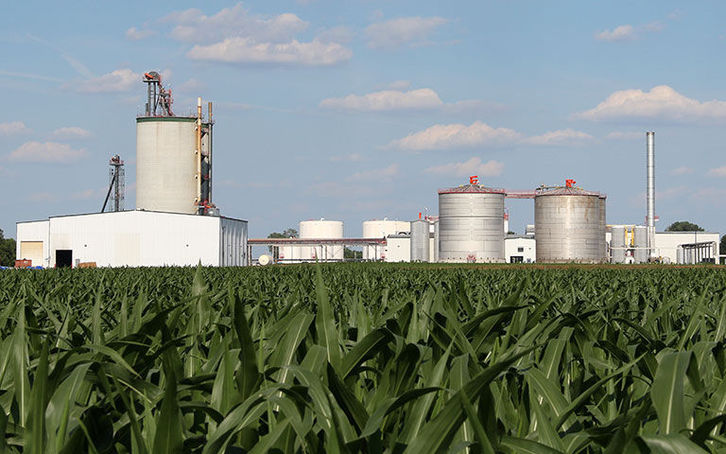China’s appetite for imported beef is voracious and will continue to grow in the years ahead,...
Governors’ Biofuels Coalition Letter Highlights Timeliness of Expanded Ethanol Use

Minnesota Governor Tim Walz and South Dakota Governor Kristi Noem sent a letter to the Biden administration pointing out the role that higher-octane ethanol could play in meeting the administration’s climate and public health goals. Governor Walz is the Chair and Governor Noem is the Vice Chair of the National Governors’ Association Biofuels Coalition.
The Governors’ letter to EPA Administrator Michael Young and Office of Management and Budget Acting Director Shalanda Young focuses on the timeliness of the expanded use of ethanol now: “As the Office of Management and Budget continues to review the Safe Affordable Fuel-Efficient Vehicles (SAFE) rule, there is a great opportunity to meet the administration’s goals to reduce greenhouse gas emissions and improve air quality while providing continued growth of the nation’s biofuels industry.”
Despite consumer trends toward hybrid and electric vehicles, the reality is that Americans will continue to rely on liquid fuels for decades to come, the letter adds. “The administration should pursue a balanced approach to fuel economy standards that acknowledges this reality and provides greater market access for home-grown energy sources with a proven track record of reducing emissions while supporting American jobs. High-octane domestic biofuels like ethanol provide an opportunity to significantly reduce Green House Gases (GHG) and improve air quality today and into the future.”
The Governors point out that a higher-octane requirement in the SAFE rule will allow automakers to increase engine efficiency and achieve the objectives of the proposed SAFE rule. “The use of low carbon fuels, such as ethanol, will ensure that octane does not come from carcinogenic aromatics that release fine particulate emissions associated with respiratory diseases that affect all Americans, especially vulnerable populations and those living in urban areas,” the letter adds.
As the U.S. Department of Energy’s Oak Ridge National Lab points out, ethanol offers superior octane and is an environmentally safe substitute compared to oil-derived, benzene-based octane. The use of direct injection engines to improve fuel efficiency has increased emissions of the most dangerous ultrafine particles, whereas the use of high-octane low carbon fuels would reverse that trend. As the Governors caution: “The adoption of a revised SAFE rule that does not significantly reduce gasoline aromatics will be a missed opportunity to reduce fine particle pollution while maintaining the health and vibrancy of our rural communities.”
Governors Noem and Walz conclude by emphasizing the potential win-win opportunity for both the ethanol industry and the nation. “We have seen firsthand how the ethanol industry has transformed and revived rural communities while reducing harmful emissions. A revised SAFE rule that provides an expanded market for high-octane ethanol is a means to reduce GHGs and harmful air emissions, provide much needed economic stability in rural America and provide countless health and economic benefits to all Americans.”
EDITOR’S TAKE:
If you are involved in agriculture, it is not a huge leap to suggest that supporting ethanol is just good policy. The Governors’ Biofuels Coalition should be applauded for supporting not only agriculture, but a very sensible environmental policy as well. It makes perfect sense to support our farmers while reducing dependence on foreign energy and at the same time reducing GHG.








